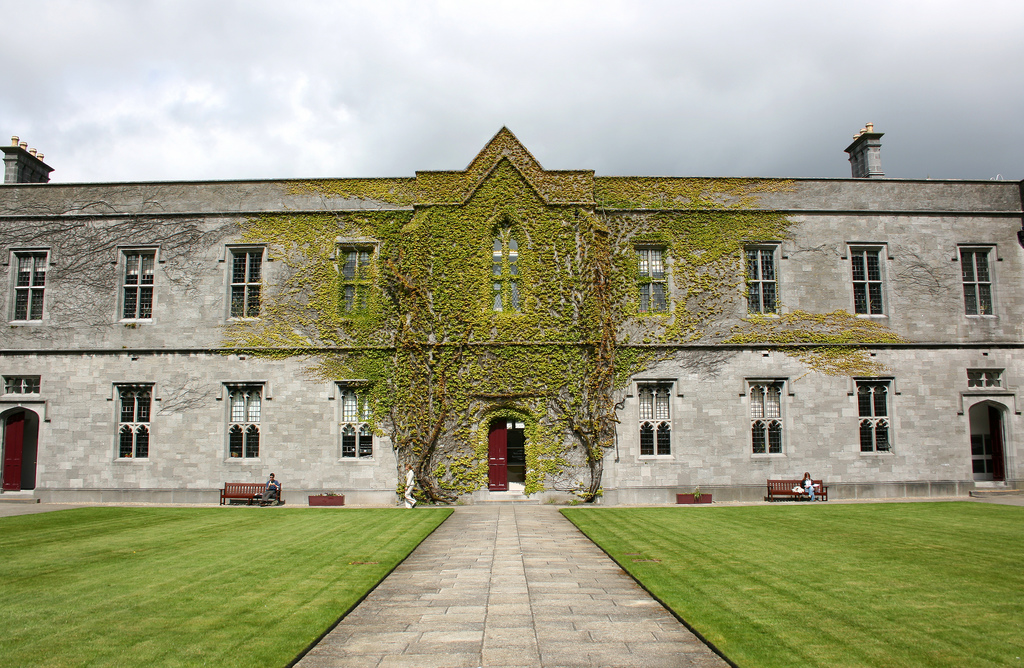A collaborative study into the risks associated with breast cancer has been published, with contribution from investigators in the Lambe Institute at National University of Ireland Galway (NUI Galway).
The study’s research has suggested that the extent that gene related factors concerning breast cancer can be used to assess the risk factor in individuals.
Led from the University of Cambridge, the BRIDGES (Breast Cancer Risk after Diagnostic Gene Sequencing) Study aimed to identify and study women who were at high risk levels of breast cancer and to develop a means of informative gene panel testing. This aims to help the prediction of risk assessment for the disease, allowing individuals to receive early screenings and reduction strategies they may otherwise not receive in time.
Whilst gene panel testing is already used, there is little evidence for breast cancer being more heavily associated with certain gene types. The BRIDGES reviewed the 34-potential risk associated genes from 60,466 global breast cancer cases and 53,461 controls.
Results from the study found that nine genes contained variants associated with breast cancer risk; ATM, BRCA1, BRCA2, CHEK2, PALB2, BARD1, RAD51C, RAD51D, TP5.
Chair of Surgery at NUI Galway, Professor Michael Kerin and Dr Nicola Miller from NUI School of Medicine collected DNA samples from 2000 Irish patients through the Breast Cancer in Galway Genetics Study (BIGGS), which they have led since 2008. These samples and controls have contributed to the finalised study, as well as numerous past publications which have had high impact.
Kerin stated that with this study they “can identify the members within families who have abnormal genes that puts them at a higher risk of getting breast cancer” allowing them to avail of strategies such as early screening and risk reduction surgery, in order to prolong life expectancy or “ensure they don’t get the disease”.
The study was a product of collaboration with the Breast Cancer Association Consortium. The team from NUI Galway were the only Irish contributors to the project.
Professor Kerin has spoken of the importance in biobanking and in futureproof research that this study has shown. According to Kerin, the ability to follow up with samples from previous cases contributed to international collaboration and has improved the knowledge base around breast cancer risk.
The study has shed particular light on the significance of changes in the well-known breast cancer genes BRCA1 and BRCA2.
Dr Miller acknowledged the support of breast cancer research charity funding, highlighting the study as a testament to the importance of international collaboration in breast cancer research in the “generation of data of global significance”.
Miller further added that by assessing the risk factor of certain genes within individuals, whilst we cannot cure the disease, the study will “benefit patients undergoing genetic testing for breast-cancer susceptibility”.
The full study, ‘Breast cancer risk genes: association analysis in more than 113,000 women’, is available for request in the New England Journal for Medicine.






